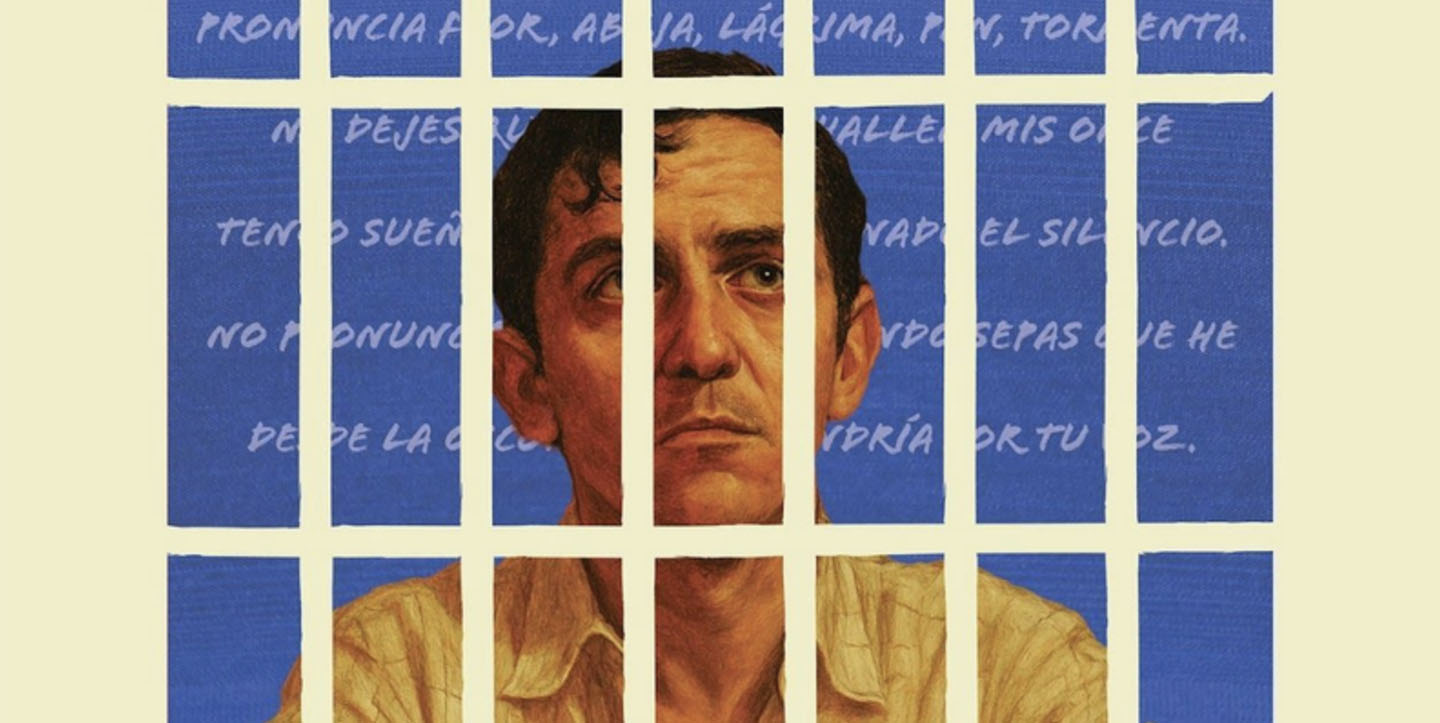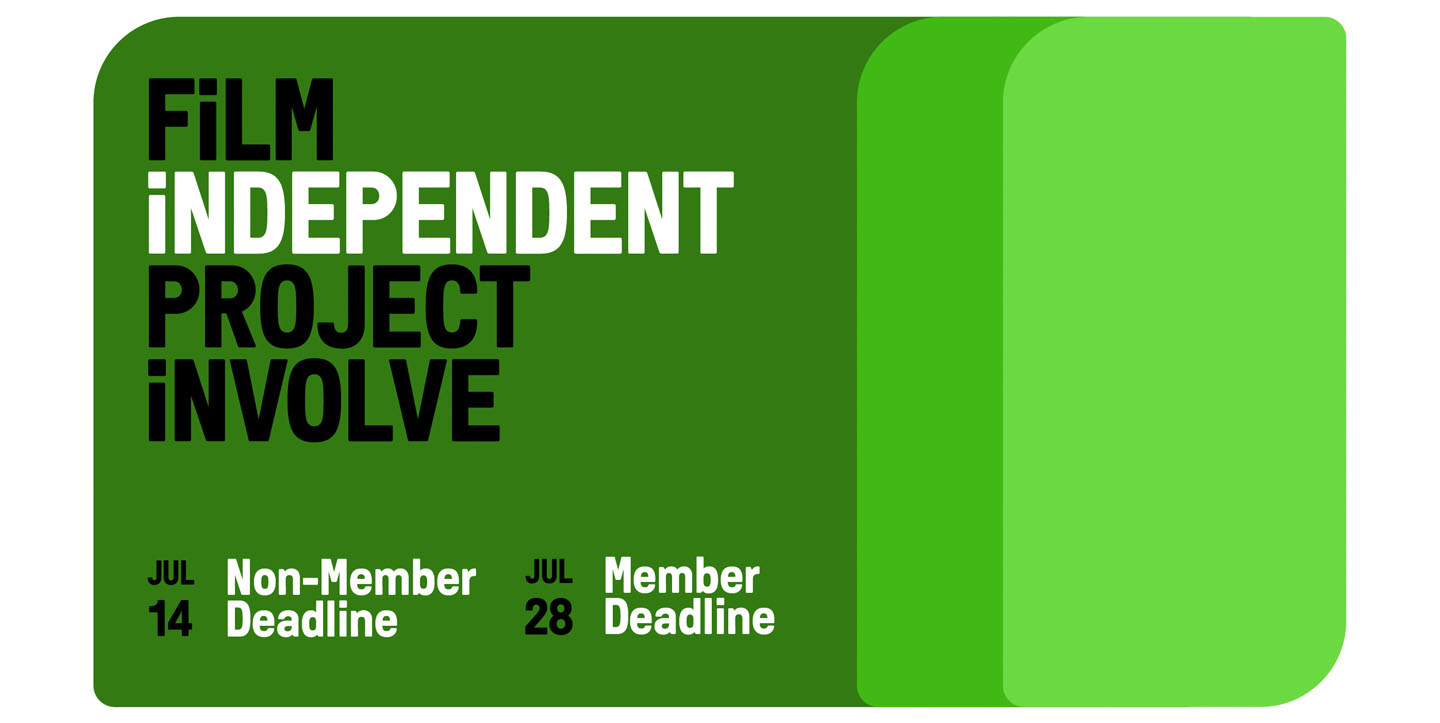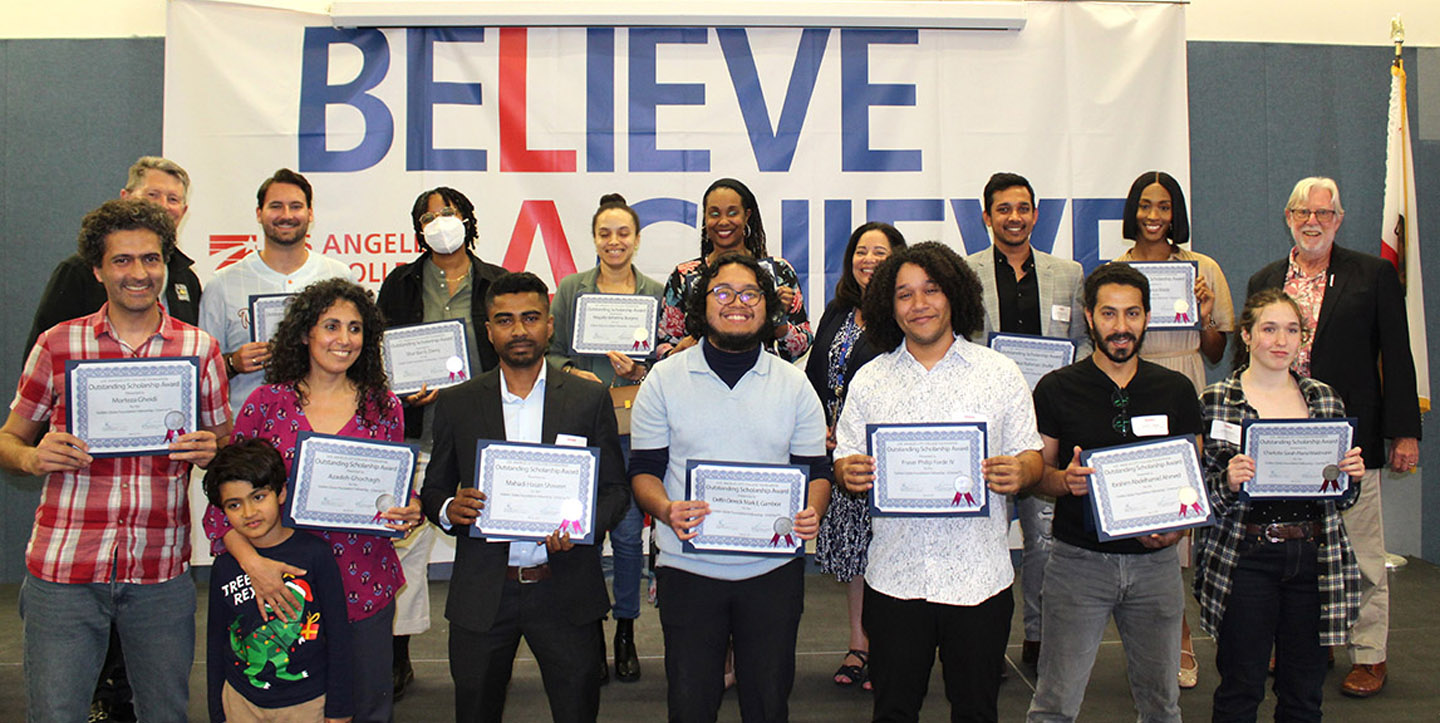Cyprus Confidential
How the island nation of Cyprus has helped finance Vladimir Putin’s war on
Russia, allowing his inner circle to shelter billions from the threat of sanctions from
Europe and the U.S.
Our analysis of 3.6 million leaked documents exposed Cyprus as a hub for secretly
moving billions of dollars, raising concerns about money laundering and other illicit
financial activities spanning decades. PricewaterhouseCoopers (PwC), in particular,
worked with Russian Oligarchs in shuffling their riches just as Western sanctions were
trying to cut off Putin’s war funding.
The leaked documents illuminated the Mediterranean island’s deep entanglement
with Russian wealth, showcased the luxurious lifestyles of oligarchs, exposed lax
oversight by the European Union and underscored the challenges of enforcing
sanctions against oligarchs and their intricate financial structures.
Our team: 272 journalists from 68 media partners in 54 countries and one territory.
Key Findings:
● As Russian sanctions loomed at the start of Russia’s 2022 invasion of Ukraine,
the global accounting firm PwC scrambled to keep oligarchs one step ahead.
PwC secretly moved money through networks of shell companies to shield it
from sanctions.
● Cypriot middlemen helped Bashar al-Assad’s regime order American drilling
equipment despite sanctions at the start of the Syrian civil war.
● German journalist Hubert Seipel, known for his bestseller and documentary on
Russian President Vladimir Putin, was secretly paid $700,000 to write favorably
about the Kremlin. The payments raise concerns about the influence of
Russia’s propaganda machine abroad.
● Roman Abramovich, former owner of Chelsea Football Club, allegedly
funneled tens of millions of pounds through offshore entities, potentially
violating Premier League rules aimed at preventing reckless spending. Records
also suggest breaches of league rules requiring accurate accounting and
disclosure of payments to agents.
● Abramovich used offshore structures to secretly invest more than $3.9 million
into the Belgian animated film “Where Is Anne Frank.” Documents show the
funding was contingent on Abamovich’s access to the film studio, director and
other artists.
● A 2019 wi-fi upgrade at Larnaca Airport in Cyprus was a front for a spyware
program used to infiltrate phones globally. The data theft was orchestrated by
a former Israeli intelligence officer and his ex-wife exploited loopholes to build
a spyware conglomerate and shield it from regulators.
● Syria’s state-owned oil company used a Cypriot middleman to skirt U.S.
sanctions to buy American drilling equipment.
● At least 66 prominent Indian nationals took advantage of the “golden
passports” scheme to acquire Cypriot citizenship. The program provided a
pathway to citizenship for wealthy individuals as a way of attracting foreign
capital, but in some cases the promised investments never materialized.
● Documents reveal Bulgarian businessman Ognian Bazarov as the owner of a
company involved in a $1.1 million payment linked to the assassination of
Croatian journalist Ivo Pukanić.
Deforestation, Inc.
How major environmental auditing firms ignored or failed to recognize flagrant
problems such as logging in conflict zones or on protected indigenous land.
Our global investigation exposed unscrupulous auditors approving green labels for
products despite evidence of legal violations, environmental crimes and other
misconduct. Operating within a $10200 billion industry, these environmental auditors
certify products linked with deforestation, authoritarian regimes, child labor and
logging in conflict zones.
This pervasive issue compromises the credibility of sustainability claims, undercuts
global systems meant to combat climate change and contributes to environmental
degradation. Our findings highlight a systemic problem, revealing a need for
increased accountability and ethical standards that foster trust, sustainability and
integrity.
Our team: Twenty reporters from nine media partners in four countries.
Key Findings
● In the last 25 years, auditors certified products and operations of more than
340 companies that were later accused of employing illegal logging practices,
bribing forestry officials, violating trade restrictions and performing sloppy
checks on suppliers.
● Western governments’ efforts to stop the trade of wood linked to conflict zones
are failing, allowing authoritarian regimes to finance their violent rule in places
like Myanmar.
● At the same time, certification firms allow companies at the center of such
trade to hold sustainability certificates that provide the public with misleading
assurances about a product’s origin.
Technological Innovation
ICIJ’s technology team has integrated Neo4j, a graph database tool, into Datashare,
a research platform for analyzing mass data leaks. The plug-in lets journalists quickly
pull information from documents into graphs. “Think about it like a detective who
gets just a pile of paper — and suddenly all the files are on the investigative
dashboard with all the strings connected,” said Neo4j developer Michael Hunger.
Coming Soon
Our journalists continually work on new cross-border investigations that illuminate
corruption, systemic failures and illicit financial flows that contribute to global
inequality. In the coming weeks and months, we expect to unveil impactful projects
that reveal wrongdoing in Africa, Europe and North America.




